
William Shakespeare, often regarded as the greatest writer in the English language, reshaped literature with his remarkable plays and poetry. Born in 1564, his works have transcended time, still resonating with audiences centuries later. This article delves into the life of Shakespeare, exploring his early years, his most renowned plays, and the lasting legacy he left on literature, theater, and the English language that continues to inspire generations.
Early Years in Stratford
William Shakespeare was born in 1564 in Stratford-upon-Avon, England. His father, John, was a prosperous glove maker, and his mother, Mary, came from a wealthy family. Shakespeare likely attended the local grammar school, where he learned Latin and Greek.

The town’s lively market and proximity to theater performances may have also inspired his future career. Little is known about his adolescence, but he married Anne Hathaway at 18. By the late 1580s, Shakespeare had left Stratford for London.
A Family’s Beginnings
Shakespeare married Anne Hathaway in 1582, and the couple had three children: Susanna and twins Hamnet and Judith. Though Shakespeare spent much of his time in London, his family remained important to him. The loss of his son Hamnet in 1596 had a profound impact.

Shakespeare made sure his family was well taken care of financially. Even though he lived apart from them, his family life deeply influenced his plays, weaving in themes of love, loss, and family.
The London Calling
By the late 1580s, Shakespeare had made his way to London, where the theater world was thriving. The city’s bustling entertainment scene offered Shakespeare numerous opportunities to showcase his talent. He became involved with the Lord Chamberlain’s Men, a leading theater company, and began writing plays for their performances.

The success of his works in London marked the beginning of his reputation as a master playwright, leading to the creation of iconic plays that remain beloved to this day.
Shakespeare’s First Steps
Shakespeare’s arrival in London remains a mystery, but it’s believed he began his career as an actor before transitioning to playwright. In the early 1590s, he wrote plays like Henry VI, which gained attention for their vivid characters and historical narratives.

During this time, Shakespeare also began his sonnet sequence, expanding his literary influence. The 1590s marked the beginning of Shakespeare’s remarkable success, paving the way for his future masterpieces.
The Birth of a Playwright
Shakespeare’s career as a playwright began in earnest in the early 1590s. His first plays were performed by popular acting companies, quickly gaining recognition for their complex characters and plots. His ability to blend history with drama and combine tragedy with comedy made his work stand out.
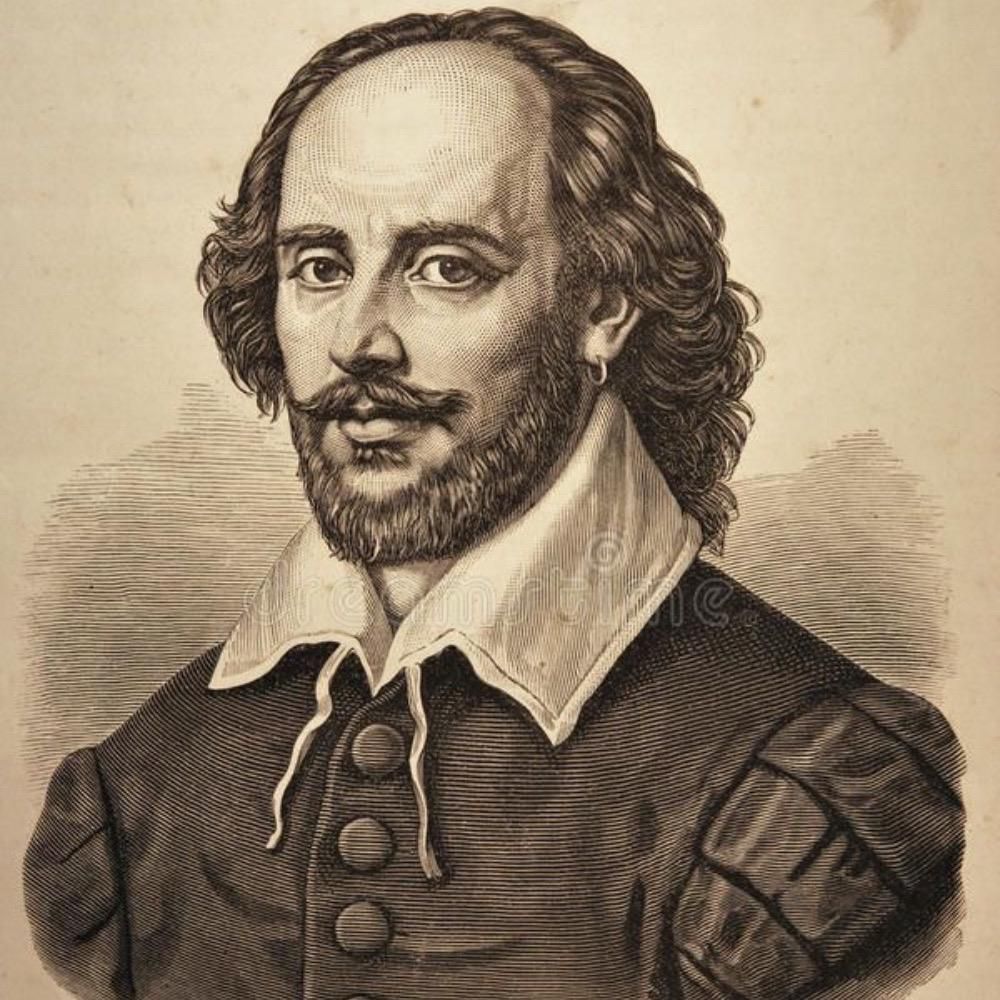
By the time he wrote Romeo and Juliet and A Midsummer Night’s Dream, his reputation as a playwright was firmly established.
Struggles in the Spotlight
Despite his success, Shakespeare faced challenges during his rise to fame. The competitive theater scene in London was often filled with rivalries between playwrights and acting companies. Shakespeare’s work, though popular, was not without criticism.
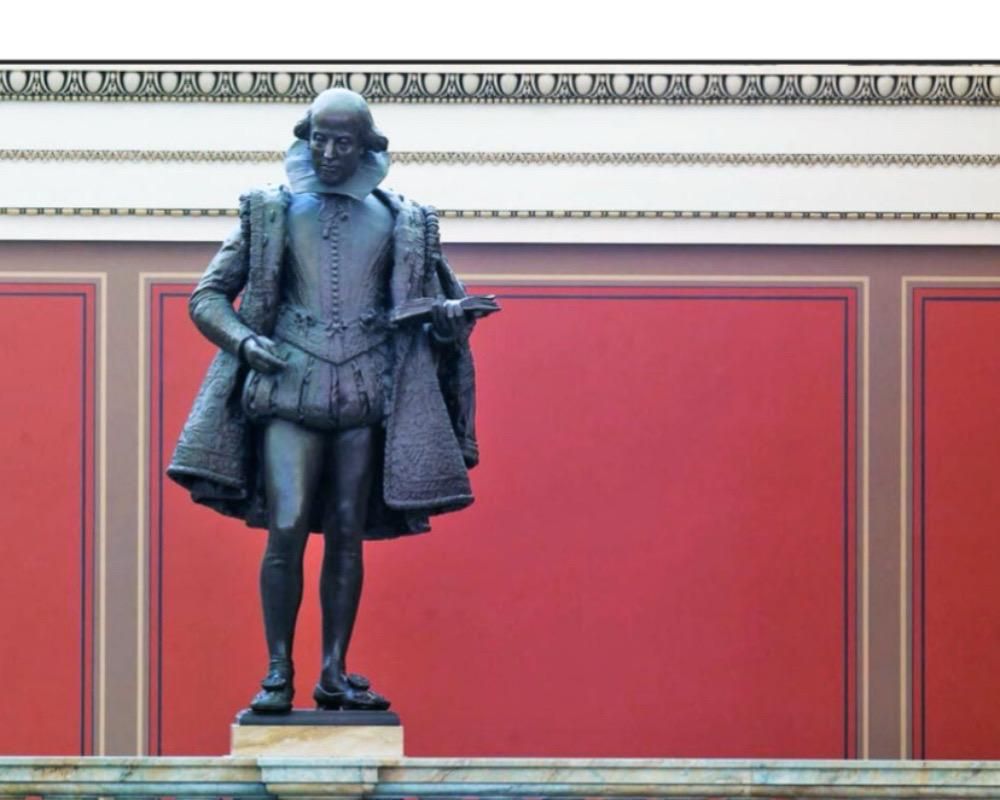
Several of his early plays, such as Titus Andronicus, were harshly reviewed. Moreover, Shakespeare’s involvement in the business side of theater exposed him to financial risks, especially during times when the city faced political unrest.
Shakespeare’s Theater Revolution
Shakespeare’s influence on theater went beyond his plays. His work helped revolutionize the stage by bringing a new level of complexity to characters and plots. He created plays that appealed to all social classes. His plays also incorporated rich language and layered dialogue, bringing an intellectual depth to the stage.
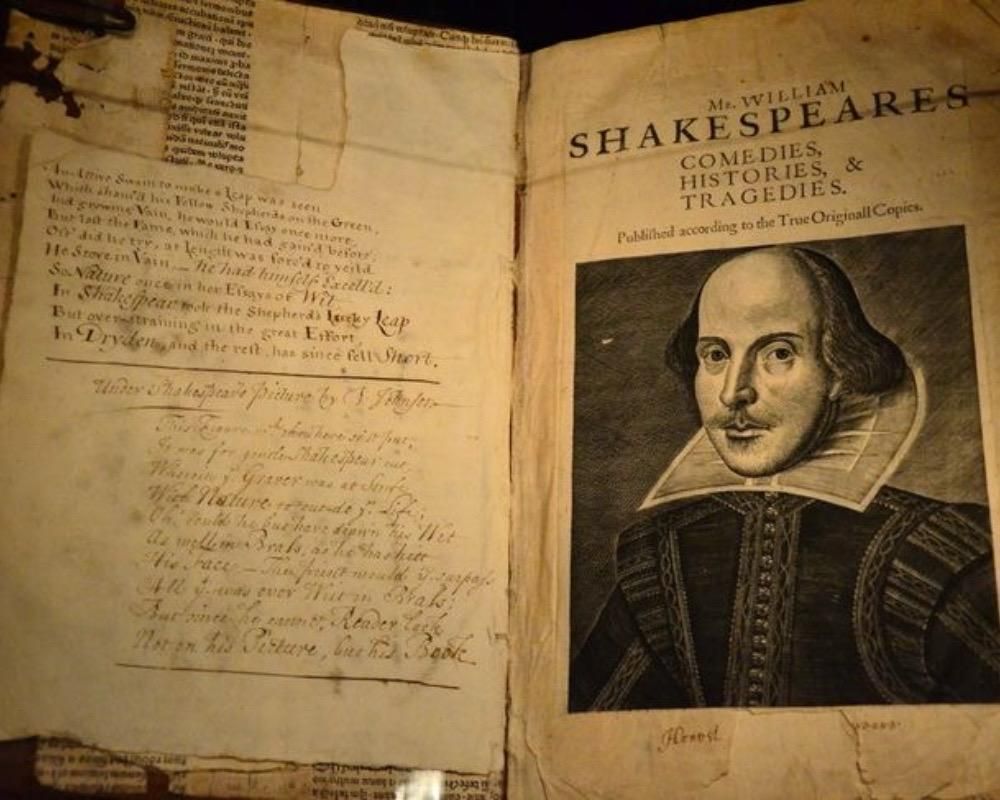
The Globe Theater, which opened in 1599, became the heart of his success, allowing Shakespeare to stage his groundbreaking plays for larger audiences, ultimately making a lasting mark on English theater.
The Globe Opens
In 1599, Shakespeare and his acting company, the Lord Chamberlain’s Men, opened the Globe Theater in London. This iconic venue, built on the south bank of the River Thames, became the home for many of Shakespeare’s greatest plays.
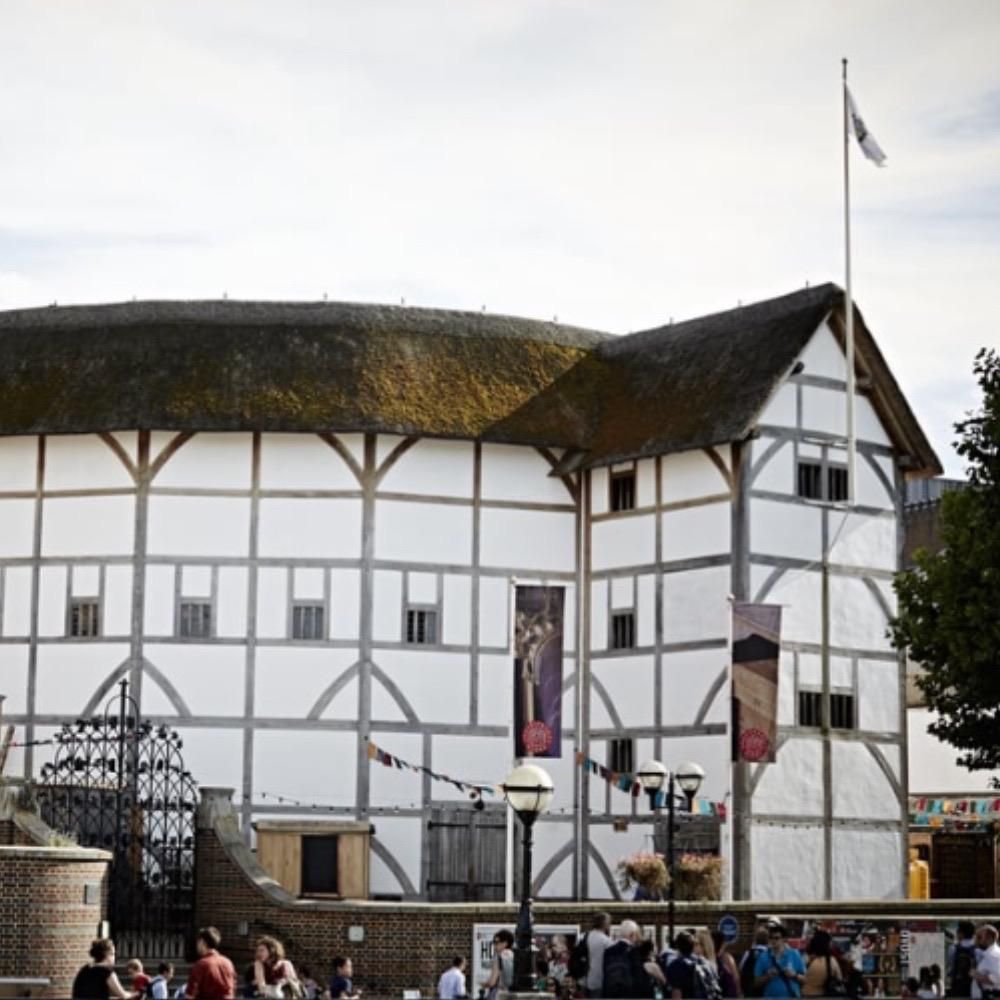
The open-air theater allowed for larger audiences and offered a more dynamic and immersive experience. The Globe was also significant because it provided Shakespeare with creative freedom, as he was part-owner. The theater’s success and Shakespeare’s association with it cemented his reputation.
A Master of Words
Shakespeare’s mastery of language is one of the reasons his works continue to captivate audiences centuries later. His command of both prose and verse allowed him to create rich, memorable characters and complex narratives.

From the passionate speeches of Macbeth to the witty banter in Much Ado About Nothing, Shakespeare’s use of language elevated the English language itself. He coined many words and expressions still used today.
The Rise of a Star
Shakespeare’s rise to fame was swift, beginning with the success of his early plays. By the early 1590s, he was well-known within the London theater scene. His association with the Lord Chamberlain’s Men helped solidify his status as a leading playwright, with plays like The Taming of the Shrew and Richard III drawing large crowds.

Shakespeare’s ability to produce popular works across genres — from historical plays to comedies — made him a star in a crowded field. His increasing fame also led to financial success.
Shakespeare’s Iconic Characters
Shakespeare’s ability to create complex, multifaceted characters is one of his defining traits. From the tragic Hamlet to the scheming Lady Macbeth, his characters resonate with audiences due to their depth and relatability.

Many of Shakespeare’s plays feature characters who face internal struggles, torn between conflicting desires or moral dilemmas. These characters remain the subject of intense study and adaptation, influencing countless interpretations across stage, film, and literature.
Love, Tragedy, and Comedy
Shakespeare’s works span a wide range of genres, but love, tragedy, and comedy are recurring themes that define much of his output. His tragedies, such as Macbeth, Othello, and King Lear, explore the darker aspects of human nature, focusing on themes like ambition, jealousy, and madness.

Meanwhile, his comedies, like Twelfth Night and As You Like It, emphasize love, wit, and mistaken identities. His exploration of both tragic and comedic elements allowed him to create works that resonate deeply with audiences across all generations.
The Early Sonnets
Shakespeare’s Sonnets, written in the early 1590s, are some of the most famous poems in the English language. These 154 sonnets explore themes of love, beauty, time, and mortality, often addressing a young man, a dark lady, and the passage of life.

His sonnets reveal his introspective nature, as well as his mastery of the English language. The form allowed Shakespeare to express personal thoughts, and the intense emotional depth of many of these sonnets has made them enduring works of literature.
The Dark Lady’s Mystery
Shakespeare’s Sonnets introduce the mysterious figure known as the “Dark Lady,” whose identity remains a subject of debate. She is the subject of many of the later sonnets, and her relationship with Shakespeare is one of the most intriguing aspects of the sequence. Described as alluring yet cruel, she embodies Shakespeare’s exploration of the complexities of love, desire, and infidelity.
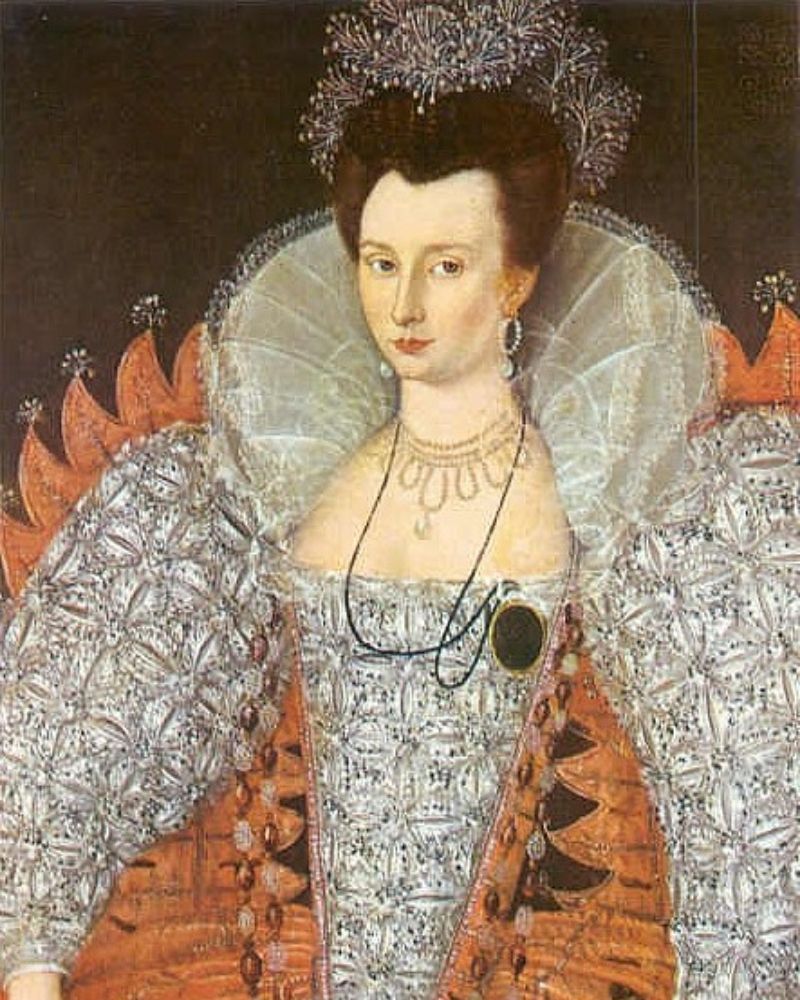
Scholars have long speculated about the identity of the Dark Lady. Theories range from her being a real woman of Shakespeare’s time — possibly a mistress, a lover, or a muse — to the possibility that she is a fictional or symbolic creation.
The Rivalries of the Bard
Shakespeare’s career wasn’t without its share of rivalries. He often competed with other prominent playwrights of the time, including Christopher Marlowe and Ben Jonson. These rivals challenged his works, sometimes critiquing his style or competing for the favor of audiences.
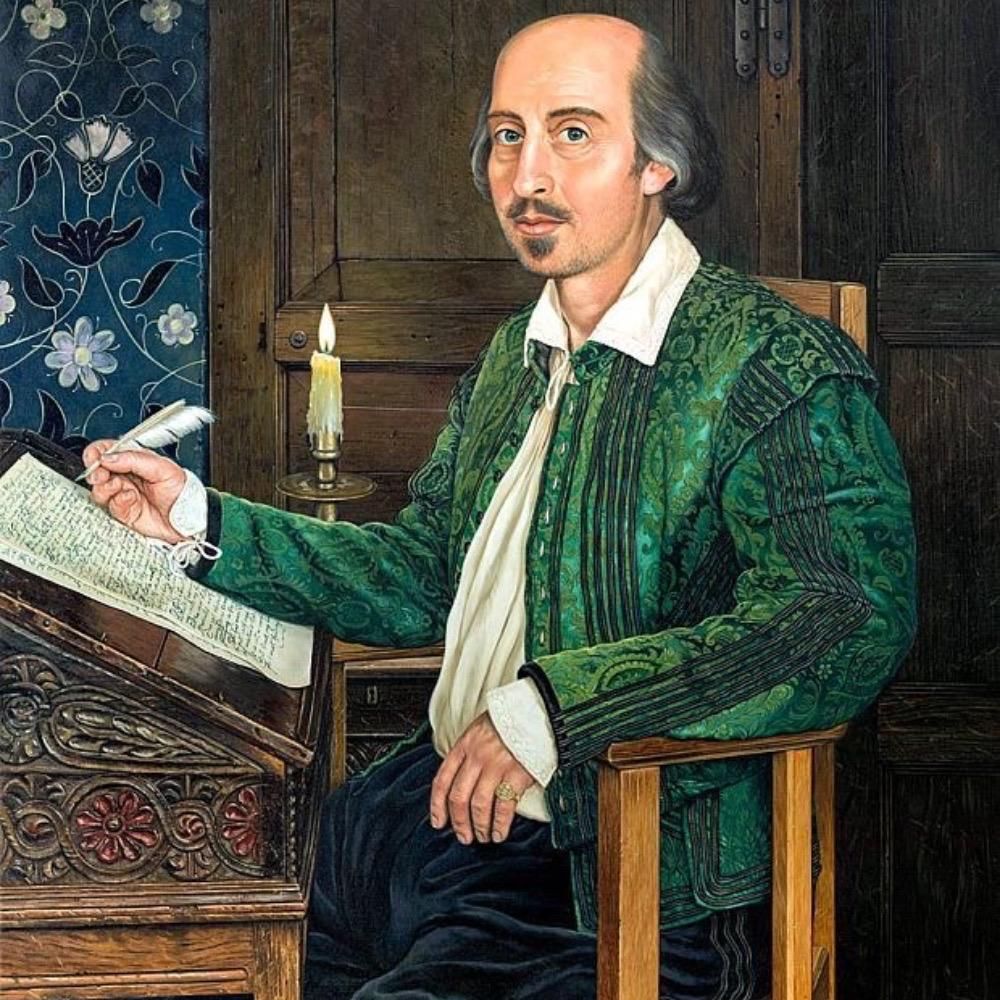
Shakespeare’s ability to consistently produce high-quality works, while adapting to the tastes of the period, allowed him to remain the dominant figure in Elizabethan theater. The competition only spurred Shakespeare to innovate, and his works outlasted those of many contemporaries.
A Playwright’s Prosperity
By the late 1590s, Shakespeare had achieved significant financial and artistic success. His association with the Lord Chamberlain’s Men helped him prosper, both as a playwright and shareholder in the Globe Theater. Shakespeare’s plays were performed regularly, drawing large crowds and boosting his reputation.

He continued to write prolifically, producing iconic plays such as Hamlet, Julius Caesar, and The Tempest. This success allowed him to purchase property in Stratford, cementing his position as both a respected writer and wealthy businessman.
The Influence of Rome
Shakespeare’s plays were deeply influenced by Roman history and literature. Works like Julius Caesar, Coriolanus, and Antony and Cleopatra reflect his fascination with ancient Rome’s political intrigue, power struggles, and the clash between personal ambition and public duty.
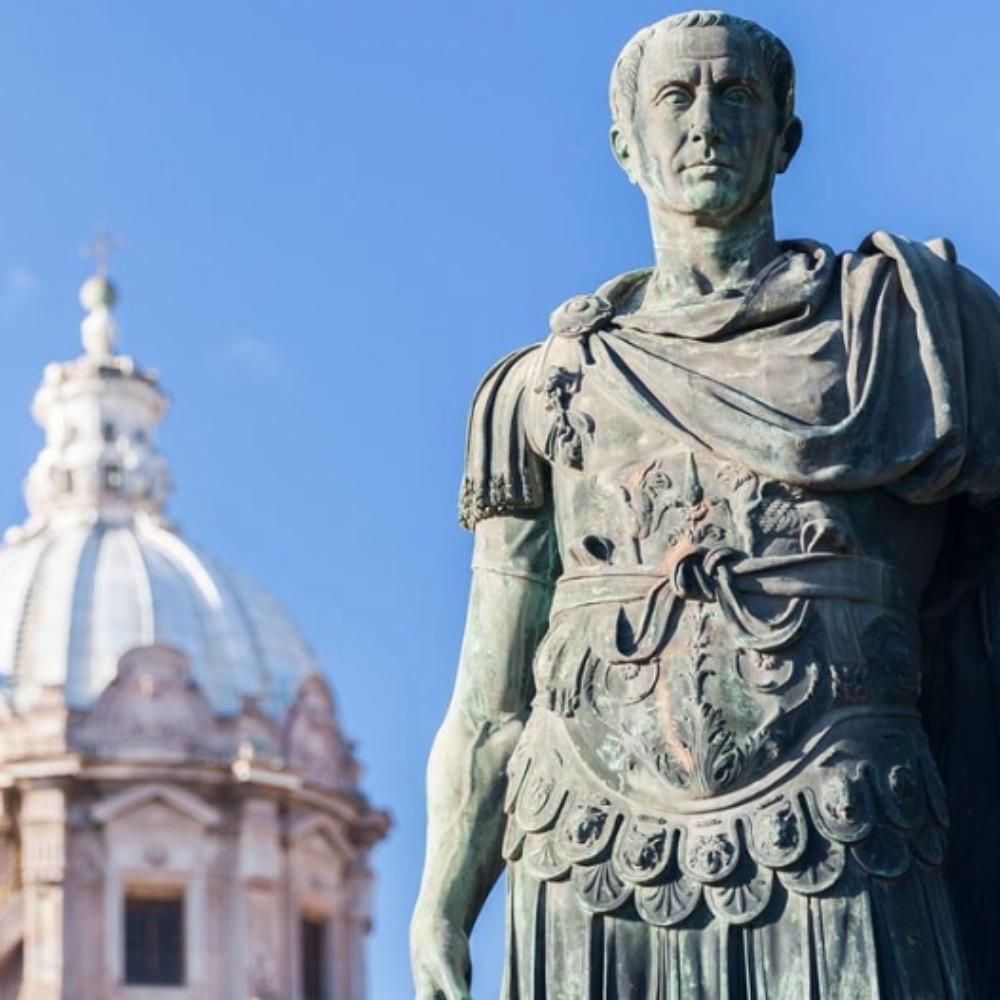
Shakespeare often used Roman themes to explore universal human experiences, such as betrayal, honor, and loyalty. His portrayal of historical figures like Caesar and Cleopatra transformed them into complex characters who transcended their historical contexts.
Shakespeare and the Queen
Queen Elizabeth I had a profound influence on Shakespeare’s career. As the monarch of England during Shakespeare’s most productive years, she was a patron of the arts, fostering an environment in which theater could thrive. Elizabeth enjoyed Shakespeare’s plays, and her court frequently attended performances, creating a demand for new works.
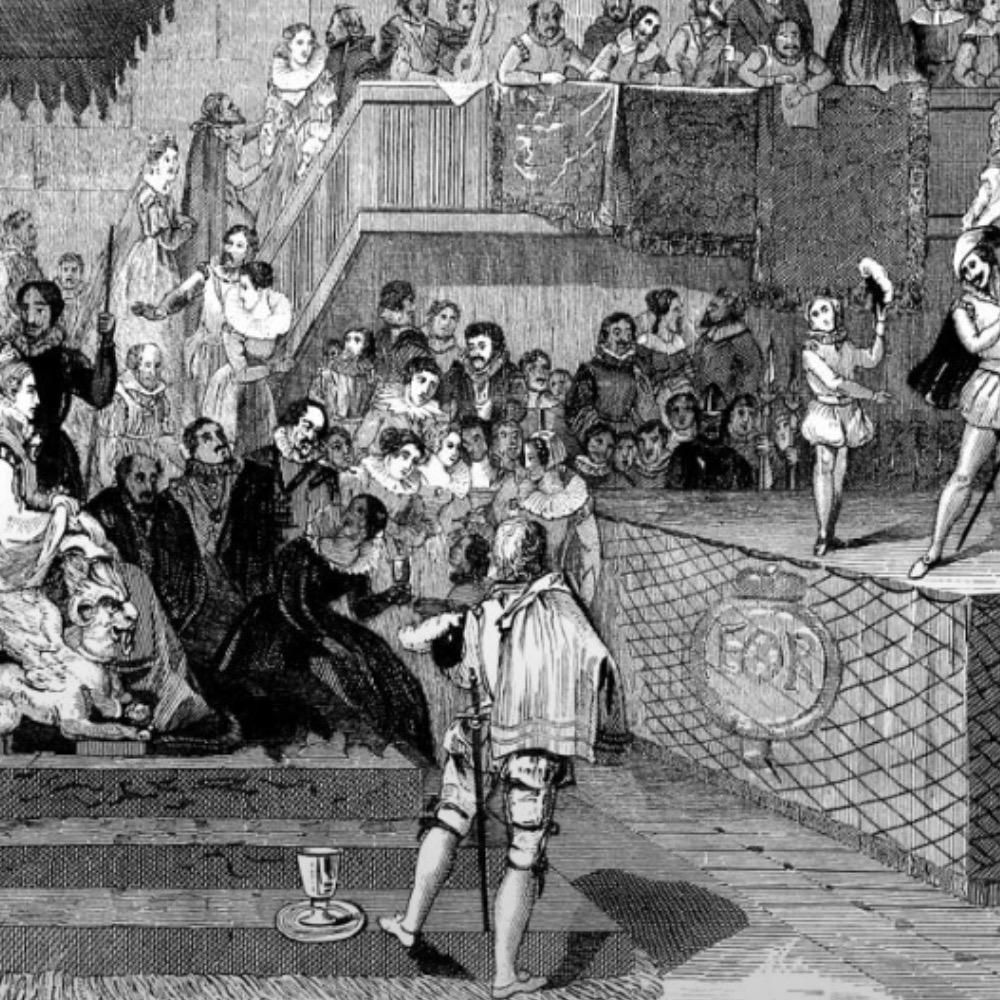
Shakespeare’s ability to navigate the court’s expectations while still maintaining his creative freedom helped solidify his success. He may have also been influenced by her reign, which brought a sense of stability and national pride.
The Lost Years Mystery
Shakespeare’s early years in London are often referred to as the “lost years.” Between his marriage to Anne Hathaway in 1582 and his known involvement in theater in the late 1580s, there is little documentation of his activities. This gap has led to much speculation about his life, with some theorizing that he may have worked as a schoolteacher, a lawyer’s clerk, or even traveled abroad.
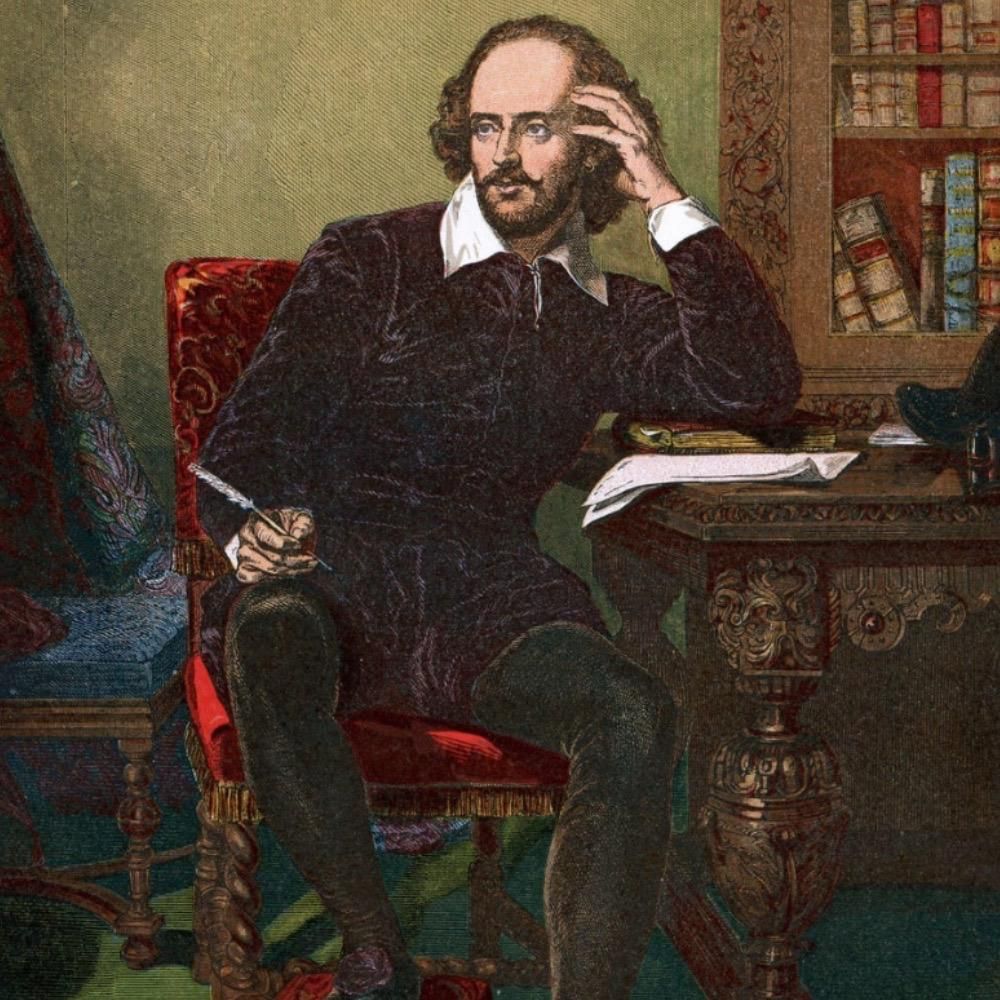
These missing years have only added to the intrigue surrounding Shakespeare’s life. These unanswered questions only deepen the mystery of Shakespeare, making his life as compelling as his plays.
England’s Theater Renaissance
The late 16th century saw a dramatic shift in English theater, coinciding with Shakespeare’s rise to fame. This period, often referred to as England’s Theater Renaissance, was marked by a surge of creativity and the flourishing of playwrights, actors, and theater companies.
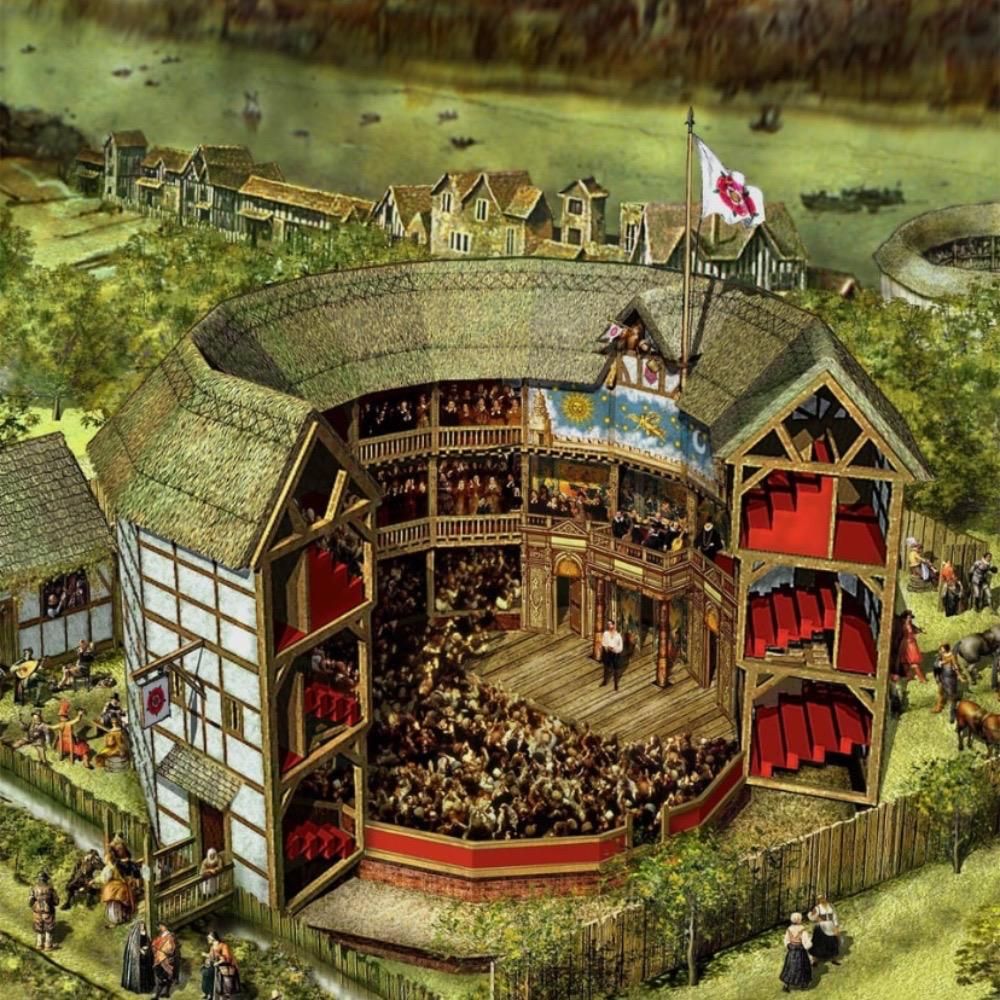
Shakespeare’s works played a central role in this cultural renaissance. He wrote plays that blended elements of classical theater with innovative techniques, including complex character development and intricate plots.
Shakespeare’s Historic Impact
Shakespeare’s impact on literature and culture is immeasurable, as his works continue to be studied, adapted, and performed worldwide, shaping generations of writers, actors, and directors. His exploration of universal themes — love, betrayal, ambition, and mortality — resonates with audiences across cultures and time periods, highlighting the timeless nature of his insights into the human experience.
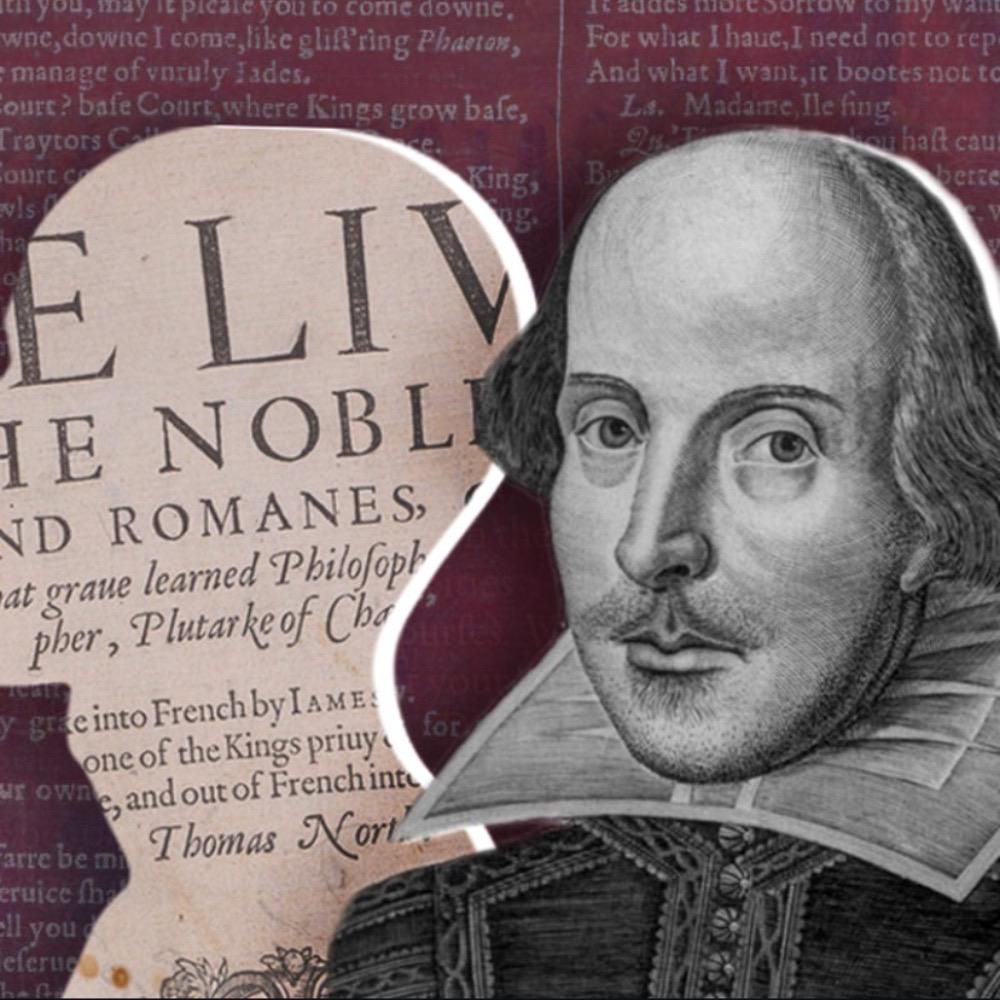
Beyond his storytelling, Shakespeare enriched the English language by coining new words and expressions, many of which remain in common use today. His contributions to both language and narrative structure ensure his lasting influence in shaping how we understand and interpret the world.
The Great Tragedies
Shakespeare’s great tragedies — Hamlet, Othello, Macbeth, and King Lear — are some of the most powerful works in the literary canon. These plays delve into the complexities of the human condition, exploring themes of ambition, jealousy, love, and revenge.
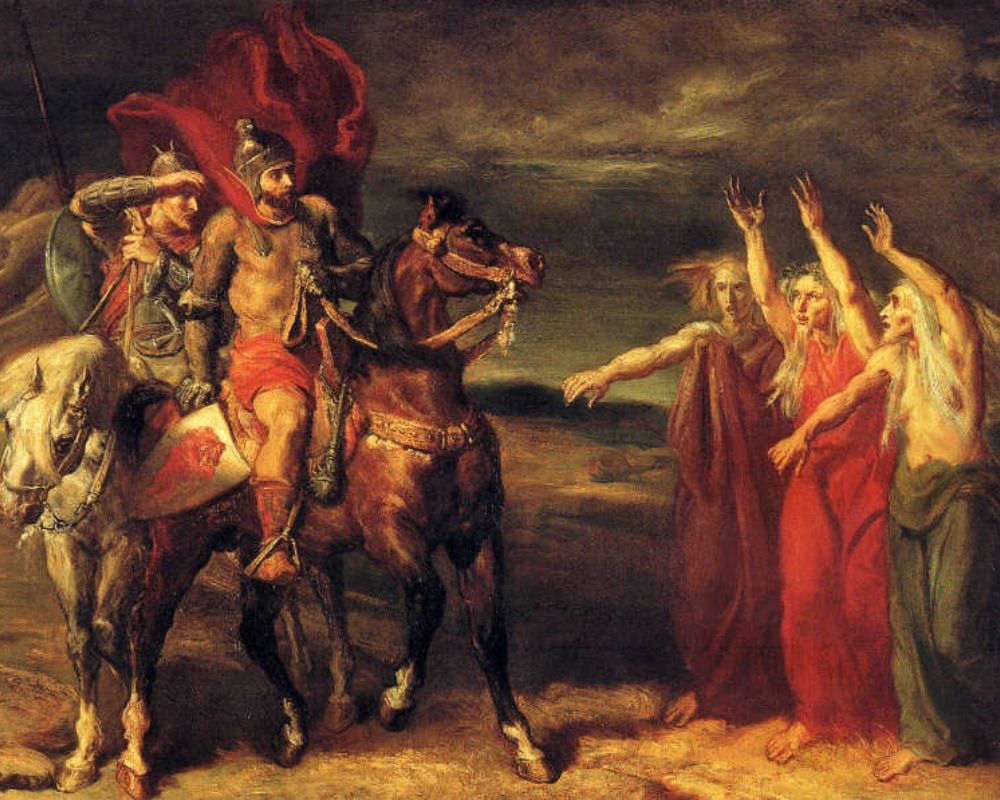
The tragic flaws of Shakespeare’s characters, from Hamlet’s indecision to Macbeth’s unchecked ambition, create a sense of inevitable doom. Shakespeare’s tragedies are revered for their emotional depth and moral ambiguity.
Comedies that Captivated Audiences
Shakespeare’s comedies are renowned for their wit, humor, and clever plots. Works like A Midsummer Night’s Dream, Twelfth Night, and Much Ado About Nothing showcase his talent for creating intricate, fast-paced narratives filled with mistaken identities, witty dialogue, and love triangles.
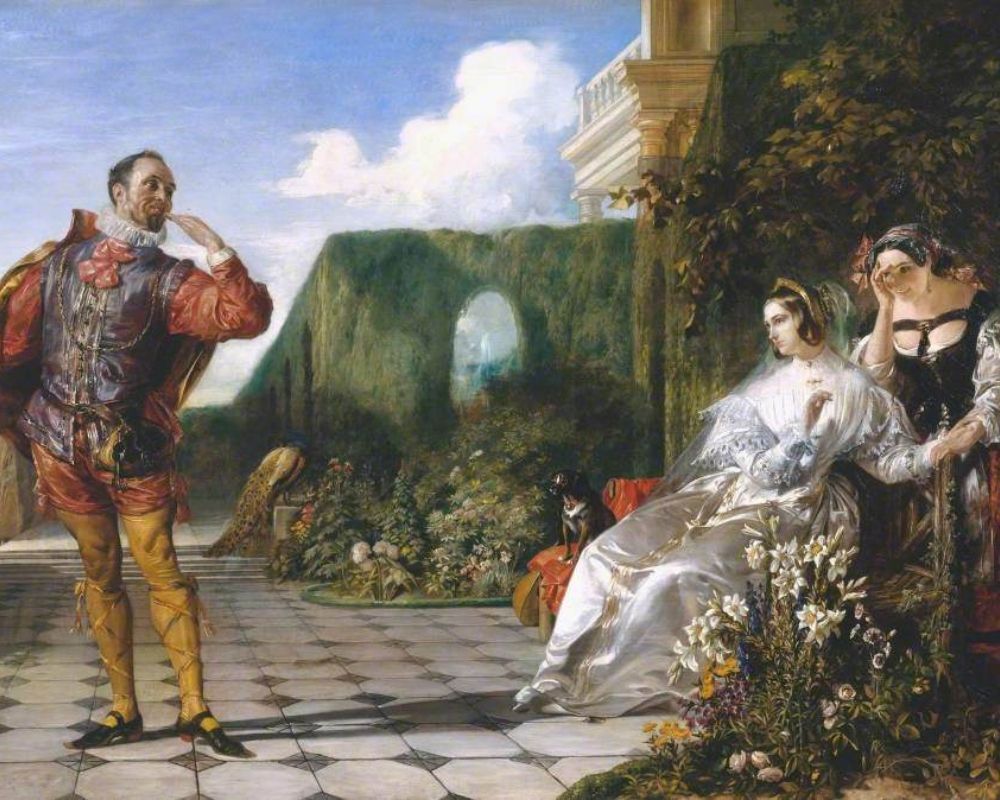
These comedies often explore themes of love, marriage, and the contrast between reality and illusion. Shakespeare’s comedies are celebrated for their joyful resolution of conflict, offering audiences a glimpse into the lighter side of life.
The Power of History Plays
Shakespeare’s history plays, such as Richard III, Henry V, and Henry IV, showcase his deep understanding of politics, power, and leadership. These plays focus on the lives of English monarchs and the political struggles that shaped the nation’s history.

Through his portrayal of figures like Richard III and Henry V, Shakespeare explored the complexities of leadership, ambition, and morality. His history plays not only provided entertainment but also offered reflections on the nature of power and the cost of ambition.
The Poetic Genius Unveiled
Shakespeare’s mastery of poetry is exemplified not only in his plays but in his renowned sonnets. The 154 sonnets explore themes of love, beauty, time, and mortality, using the traditional sonnet form to craft intricate emotional expressions.
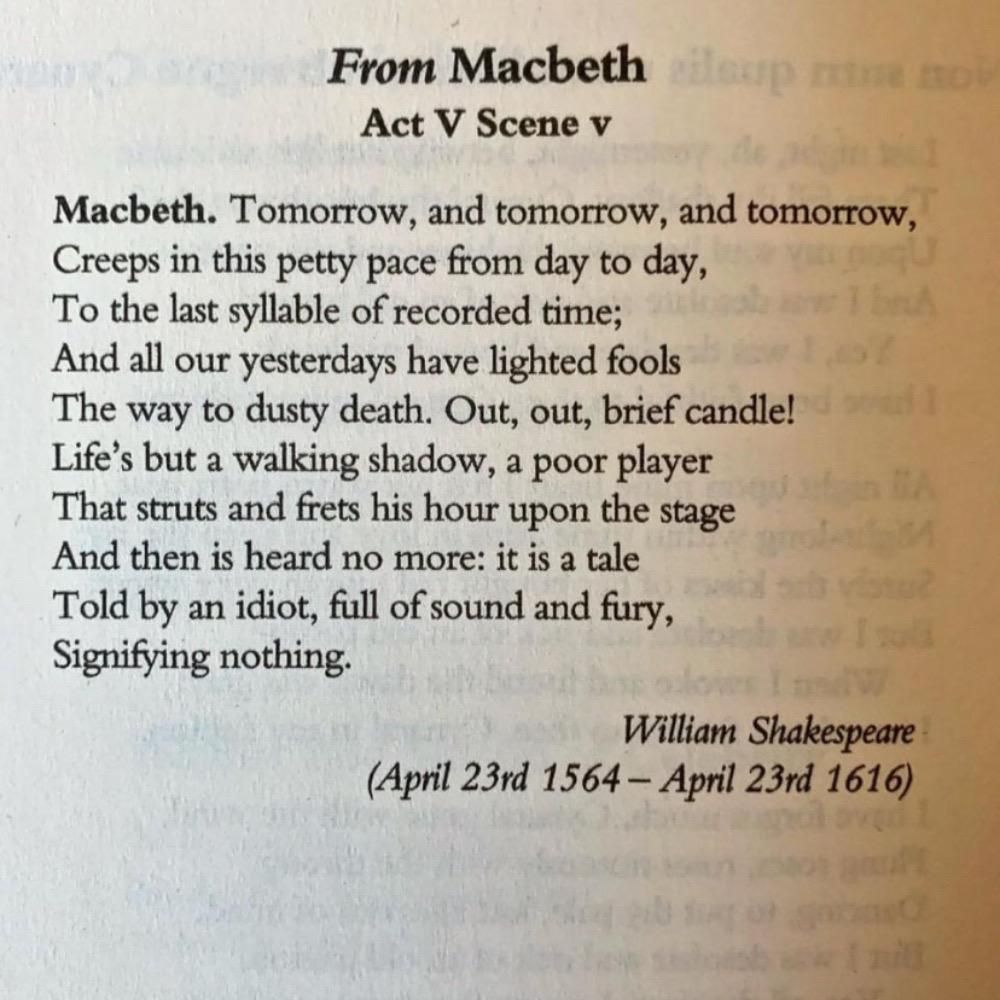
His command over iambic pentameter and his masterful use of metaphor, rhyme, and rhythm elevated his poetry to unparalleled heights. Shakespeare’s ability to blend these elements with remarkable precision not only defined the structure of his verse but also deepened its emotional resonance.
Global Impact
The cultural influence of William Shakespeare extends far beyond the world of literature. His works have shaped Western thought, inspired countless adaptations in theater, film, and literature, and influenced cultural movements worldwide. Shakespeare’s exploration of human nature, from love to betrayal, resonated across cultures and centuries.
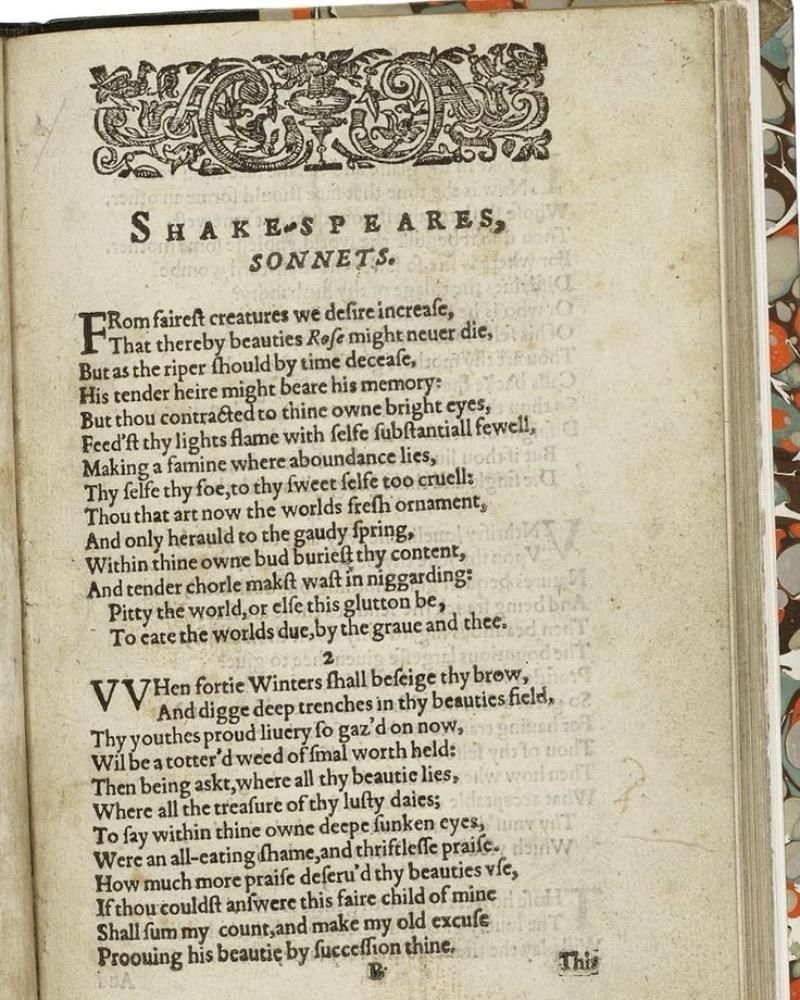
Shakespeare played a pivotal role in elevating the English language, coining words and phrases that are still in use today, enriching the way we communicate. His inventive use of language, from metaphors to newly coined expressions, expanded the expressive capabilities of the English language.
The Globe Theater’s Legacy
The Globe Theater, opened in 1599, is one of the most iconic symbols of Shakespeare’s lasting legacy. It was where many of his greatest works were first performed and played a key role in revolutionizing theater by making plays accessible to a broader audience, including all social classes.
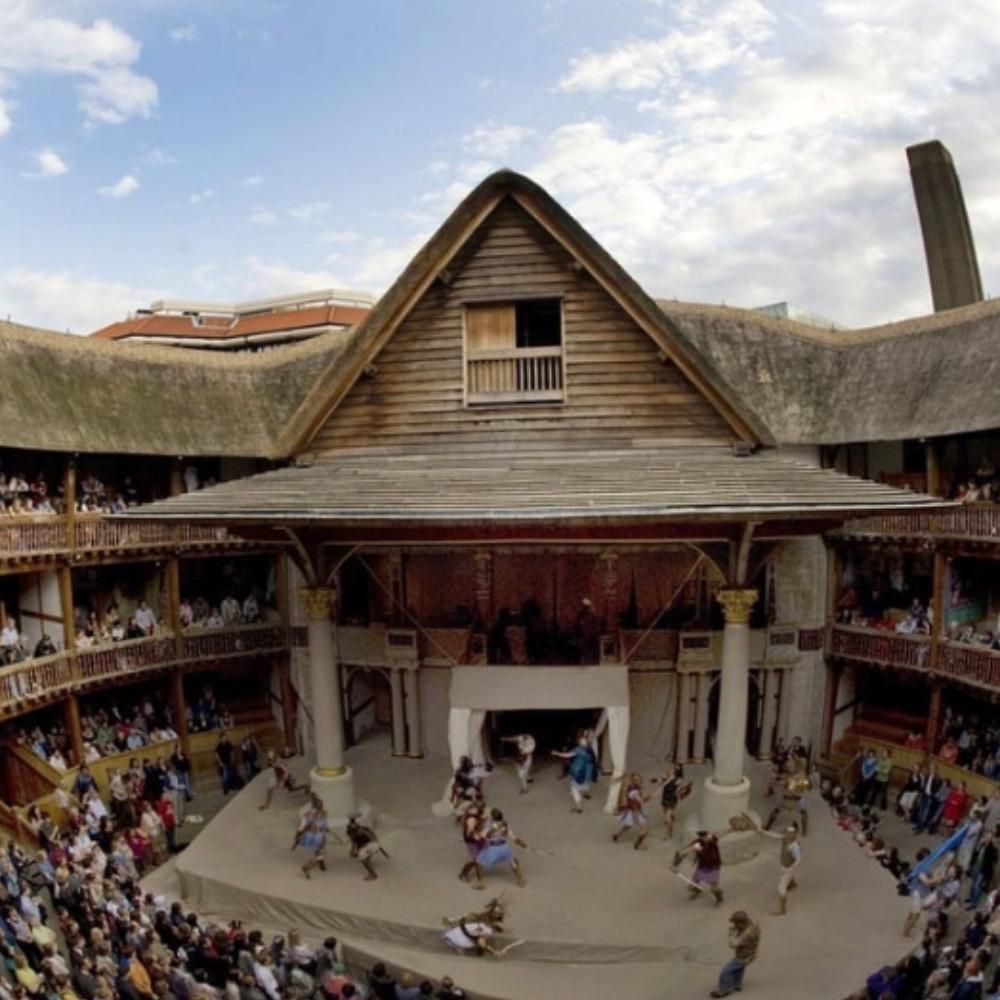
It was a place where innovation in stagecraft, audience interaction, and performance flourished. Although the original Globe was destroyed by fire in 1613, its legacy lives on, with modern reconstructions in London preserving Shakespeare’s theatrical innovations for future generations.
A Playwright for All Ages
Shakespeare’s works have transcended time, resonating with audiences of all ages and backgrounds. His ability to weave universal themes — such as love, ambition, and betrayal — into engaging narratives has ensured that his plays remain relevant across generations.

From young students encountering his works in the classroom to seasoned theatergoers attending productions, Shakespeare’s appeal is broad and enduring. His rich character development and exploration of complex emotions speak to both young and old, making his plays accessible and relatable.
Shakespeare’s Cultural Influence
Shakespeare played a key role in the cultural renaissance of Elizabethan England. The flowering of arts and literature during this time was supported by a stable government and an expanding middle class, creating a fertile ground for Shakespeare’s creative expression.

His works helped to define the period, blending classical influences with innovative storytelling techniques. Shakespeare’s plays brought new life to both the English language and theater, expanding the possibilities of dramatic expression.
The Death of a Master
William Shakespeare died on April 23, 1616, at the age of 52. Though his death marked the end of his prolific writing career, it did not signify the end of his legacy. Shakespeare was buried in Stratford-upon-Avon, where his gravestone bears a now-famous curse, supposedly to prevent the disturbance of his remains.

At the time of his death, he was widely respected as one of the most accomplished playwrights in England. His works, however, would continue to grow in influence, and his reputation as the literary master of his time only strengthened after his passing.
Shakespeare’s Final Works
Shakespeare’s final plays, written in the early 1600s, represent a shift in his creative style. These plays, including The Tempest, Cymbeline, and The Winter’s Tale, are often categorized as “romances” due to their focus on reconciliation, forgiveness, and redemption. Unlike his earlier tragedies, these works feature more optimistic themes and often involve miraculous events, offering a sense of closure and hope.

Shakespeare’s later plays were deeply reflective of his own life, as they explore the passage of time, the effects of aging, and the possibility of renewal, marking the culmination of his extraordinary literary career.
The Legacy Lives On
The legacy of William Shakespeare continues to thrive more than four centuries after his death. His plays are performed in theaters around the world, his poetry is studied by students, and his characters and themes inspire countless modern adaptations. Shakespeare’s ability to capture the depth of human emotion and conflict ensures that his works remain as relevant today as when they were first written.
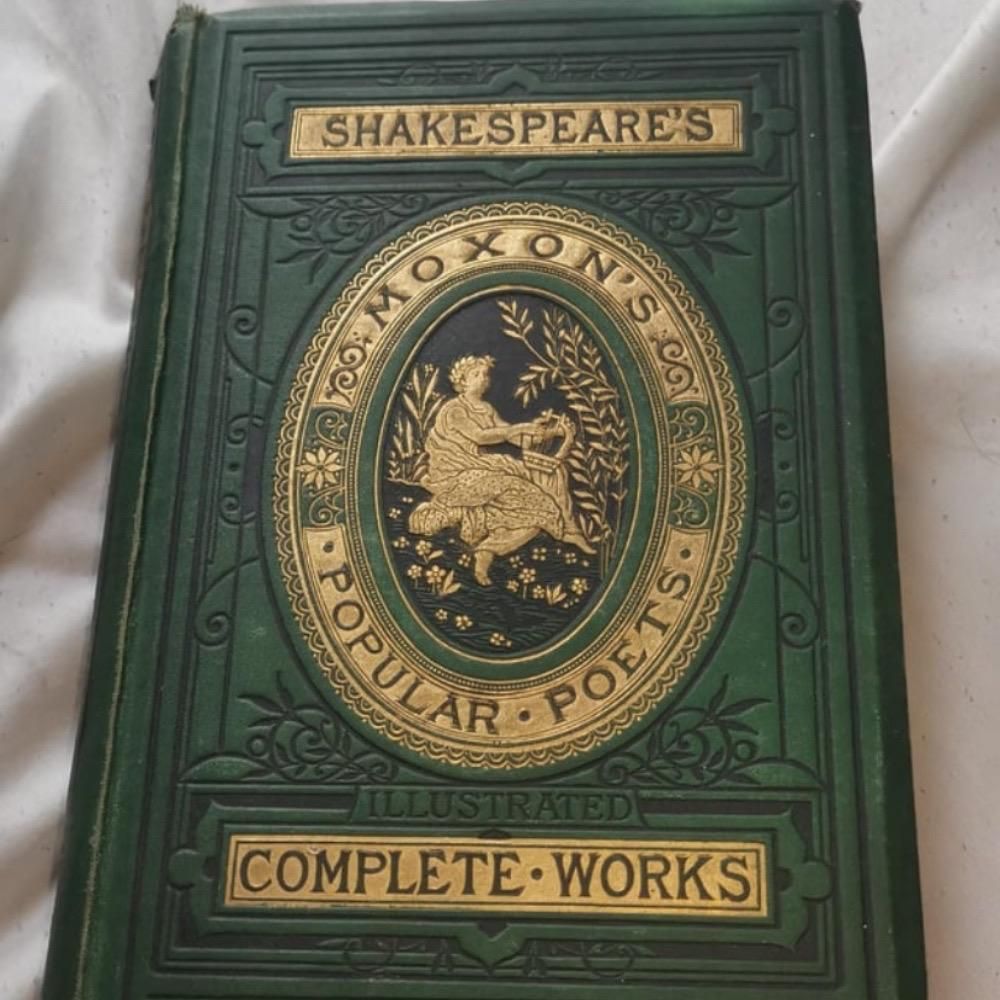
Through his immense influence on the English language, literature, and theater, Shakespeare’s legacy is immortalized, shaping the future of storytelling and art for generations to come.
Shakespeare’s Influence on Language
Shakespeare’s contribution to the English language is immense. He is credited with coining over 1,700 words and popularizing countless phrases. Words like “eyeball,” “bedroom,” and “swagger” can be traced back to Shakespeare’s plays.

His inventive use of language added richness to the English language, transforming simple dialogue into eloquent verse. Beyond vocabulary, his ability to express complex emotions through dialogue helped shape modern English.
Unveiling Shakespeare’s Greatest Mysteries
William Shakespeare’s life is shrouded in mysteries, with many unanswered questions surrounding his personal experiences. One of the biggest mysteries is the true identity of the “Dark Lady” from his sonnets, whose identity has fueled speculation for centuries. Another enigma is Shakespeare’s “lost years,” a period between his marriage and his known career in London.

Scholars also debate whether Shakespeare wrote all the works attributed to him, with various theories proposing alternative authors. Despite these mysteries, Shakespeare’s work remains unparalleled, and the intrigue surrounding his life only adds to his allure, making him a figure of constant fascination.
From Stratford to the World
Shakespeare’s journey from his hometown of Stratford-upon-Avon to becoming a literary giant is a remarkable one. Born into a modest family, he quickly rose to prominence in London’s vibrant theater scene, where his works began to captivate audiences. His involvement with the Lord Chamberlain’s Men, the company that performed many of his plays, played a major role in his success.

From the opening of the Globe Theater in 1599 to his investment in the business of theater, Shakespeare expanded his influence both as a playwright and a savvy entrepreneur. By co-owning the Globe, he became an integral part of the London theater scene, not just as a writer, but as a key figure in the production and performance of his works.
The Shakespearean Revolution
The Shakespearean Revolution refers to the profound transformation Shakespeare brought to English theater. He redefined dramatic structure, character development, and language, moving away from the rigid, formulaic plays of the past.
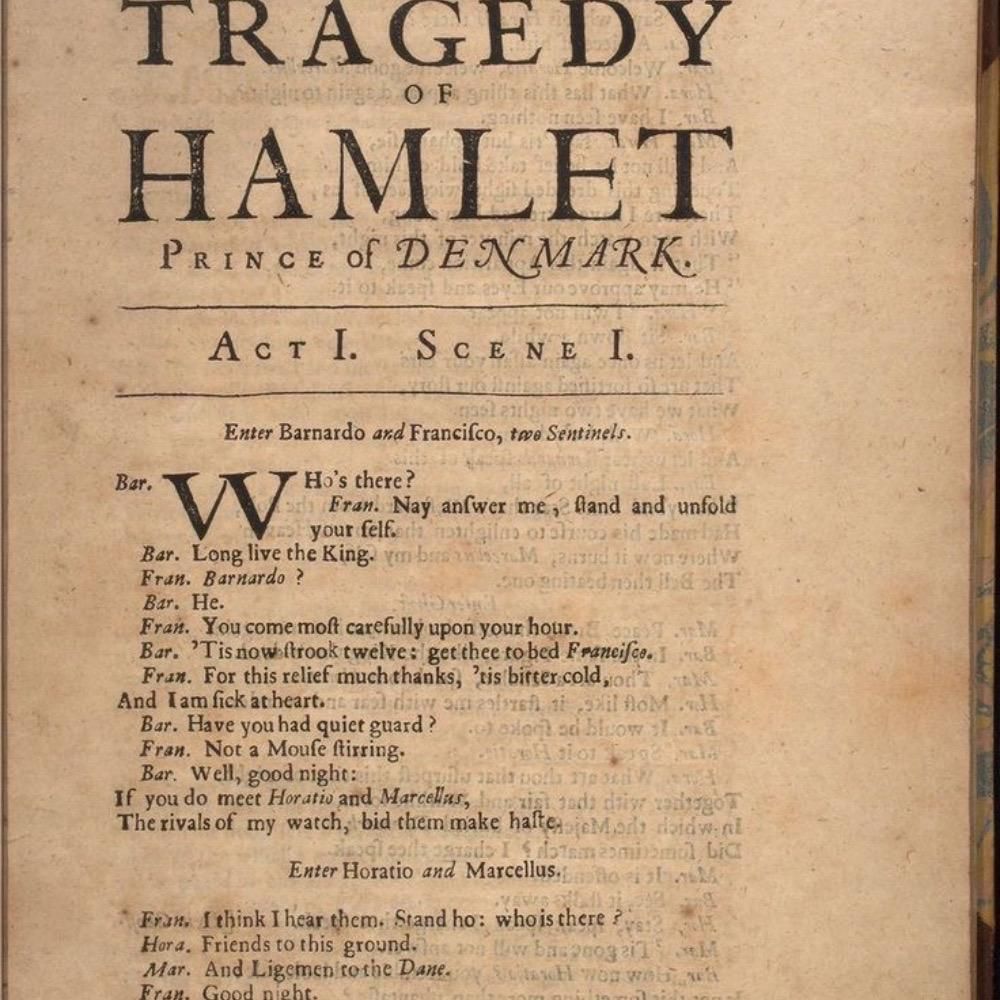
His works introduced complex, multidimensional characters, blending tragedy, comedy, and history in a way that had never been seen before. Shakespeare’s ability to weave intricate plots and explore universal themes such as love, ambition, and betrayal set his works apart.
The Bard’s Timeless Influence
Shakespeare’s influence extends far beyond his era, touching everything from philosophy to politics. His themes of love, ambition, betrayal, and power resonate deeply with audiences, transcending cultural and temporal boundaries. His innovative use of language has enriched the English language, making it more expressive and nuanced.

Additionally, Shakespeare’s works have inspired countless artists, writers, and thinkers, forging a lasting legacy that continues to shape how we interpret the world around us. His influence extends far beyond literature, impacting visual arts, film, music, and philosophy.
Shakespeare’s Words Never Fade
Shakespeare’s words have never faded, continuing to echo through history and culture. His works have had a profound impact on the English language, with many phrases and words he coined still in use today.
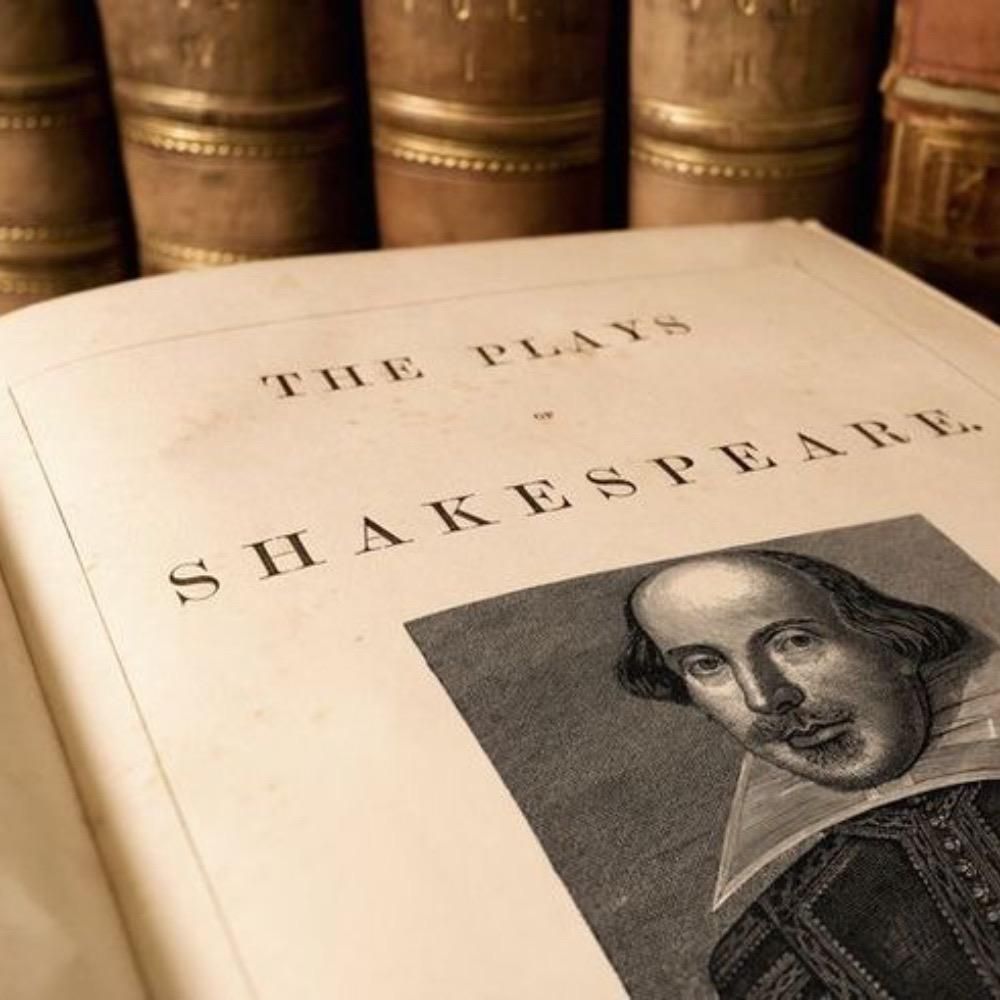
Lines like “To be or not to be” and “All that glitters is not gold” have become part of the collective lexicon. His plays have been adapted countless times, showing the lasting power of his words to speak across centuries, connecting people worldwide with their timeless wisdom.
Celebrating the Bard’s Legacy
William Shakespeare’s legacy is celebrated worldwide, from theater productions to academic studies, with his influence permeating every aspect of modern culture. His works have been adapted into films, books, and art, ensuring his stories continue to reach new audiences.
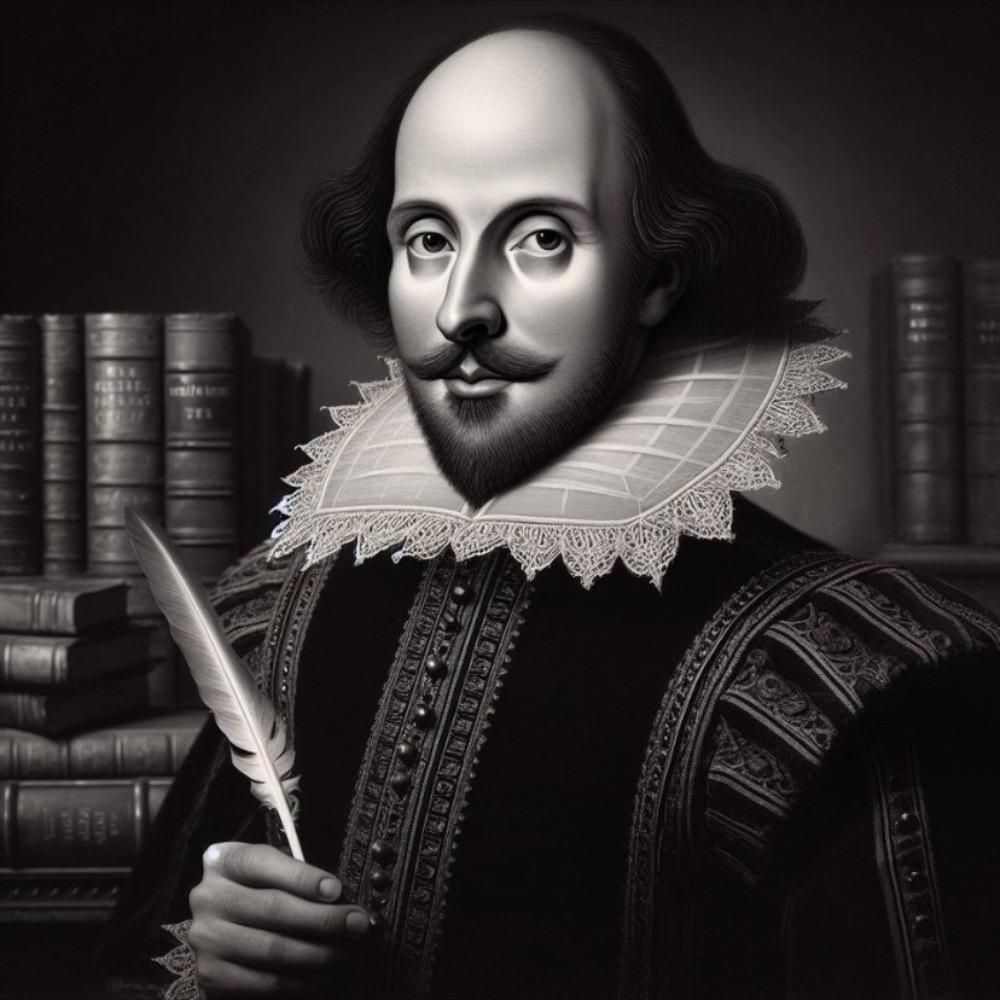
Through his exploration of human nature, Shakespeare crafted characters and themes that transcend time and place, making his works universally relatable. His vivid portrayals of love, ambition, jealousy, and moral conflict mirror the complexities of the human experience, allowing audiences from different eras and cultures to see themselves in his stories.
Leave a Reply